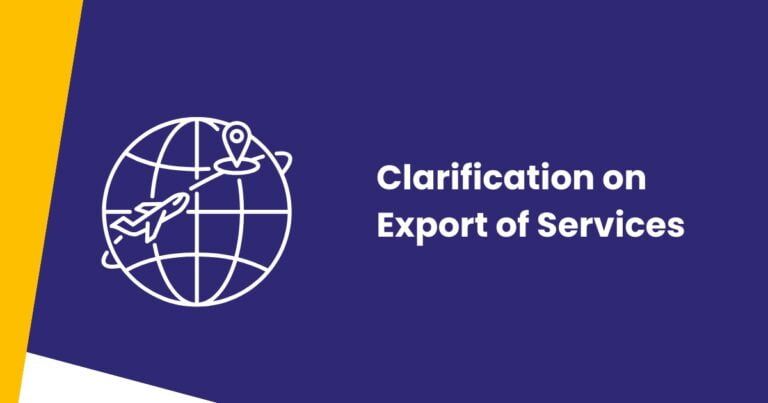The United Arab Emirates government recently announced some important changes to corporate tax rules that will take effect next year. These changes will impact many companies operating in UAE free zones.
In this article, we will explain these updates in a clear and simple way. We will discuss:
- The current tax rules
- How taxes will change from 2023
- Further increases planned for 2024
- Which businesses are affected
- New compliance responsibilities
- Impact on free zones
- Tips to reduce your taxes
Let’s get started!
What are the Current Tax Rules?
Currently in the UAE, companies do not pay any taxes on profits. This 0% tax rate has helped the country attract global businesses.
However, things are changing starting next year. Let’s understand how:
How will Taxes Change from June 2023?
From June 2023, the UAE will start charging a 9% corporate tax. But this will only apply to companies making over 375,000 AED (about $102,000) in annual profits.
Smaller companies below this limit still pay 0% tax. Only large businesses earning significant profits each year will have to pay 9% of their profits as tax.
Further Tax Increase from June 2024
In June 2024, the corporate tax rate will increase more to 15% for all companies earning over 375,000 AED annually.
Regardless of business size, annual profits above this threshold will be taxed at the higher 15% rate from June 2024 onwards.
Which Businesses are Affected?
Not all industries are treated equally. For example, certain sectors like oil, finance and some designated industries get partial or full tax exemptions.
It’s best to check your specific industry’s tax treatment with a legal expert. The new rules may offer your business certain allowances worth exploring.
New Compliance Responsibilities
Along with paying taxes, businesses must also fulfil compliance duties like:
- Registering for tax with authorities
- Filing annual tax returns before deadlines
- Maintaining financial records for 5 years
- Appointing a registered tax agent
- Following procedures correctly is important to avoid any penalties.
Impact on Free Zone Companies
Free zones continue providing their key benefits even with the new tax regime. For example, free zones allow 100% foreign ownership and full profit repatriation.
However, free zone companies making over 375k AED annually will pay corporate tax at the same 9% and 15% rates applicable to other UAE businesses.
Tips to Reduce your Tax Burden
While taxes can’t be avoided, some strategies can help legally minimize amounts payable:
- Claim deductions for allowable expenses
- Reinvest profits back in the business for tax breaks
- Get expert advice to structure contracts and operations efficiently
Following tax laws and optimizing where possible can save your business money in the long run.
Conclusion
In summary, the UAE’s introduction of corporate tax is an important change. However, with expert guidance and proper compliance, businesses can still thrive with the overall tax environment remaining competitive globally. Understanding these updates fully is key to future-proofing operations.
FAQs:
Taxes must be paid at the time of filing annual tax returns, usually within 6 months of the financial year end. Prompt payment is important for tax compliance.
Some strategies to explore include claiming deductions, tax incentives, input tax credits, and re-investing profits back into the business. Consulting tax experts can help identify optimal legal options.
Key documents include audited financial statements, proof of registration/incorporation, tax audit reports if applicable, tax correspondence, and payment receipts. Maintaining proper records simplifies the filing process.
Only UAE-sourced income is subject to corporate tax under current rules. Income generated abroad by foreign branches/holding corps is generally not taxed in the UAE.
Businesses can request for a limited extension if unable to meet standard deadlines. However, any late submission may result in fines to encourage on-time compliance.





